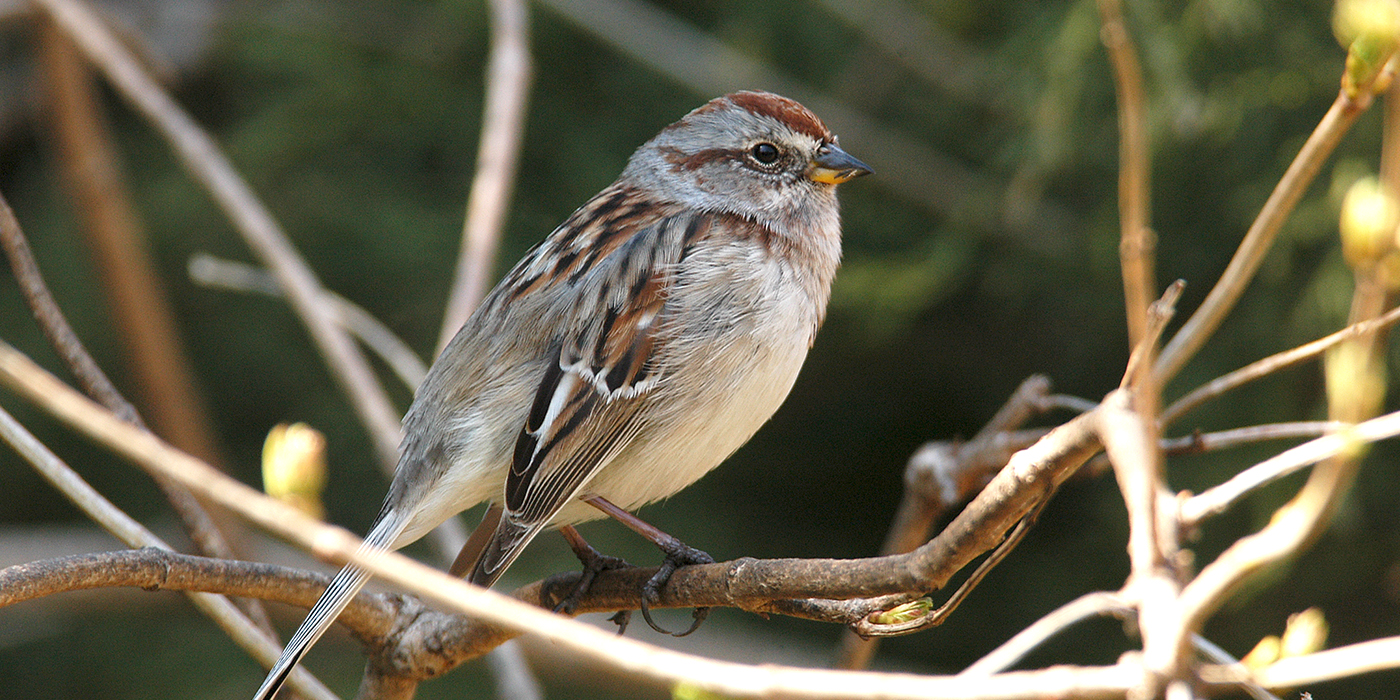
Nonbreeding Bird Surveys
Although birds command our attention most during the breeding season, when many species are at their brightest and singing daily, this period lasts only 2-4 months for most birds – the rest of the year is known as the nonbreeding period, when birds in our region are either overwintering here or migrating south to live the bulk of their lives in the more hospitable tropics. For some species, such as Rusty Blackbirds, American Tree Sparrows, and many waterfowl, breeding is completed far to the north in boreal or arctic Canada, and Ohio becomes the “more hospitable” environment where they prefer to spend their time. In this respect, northwest Ohio provides crucial habitat for overwintering birds, as well as valuable migratory stopover habitat for birds passing through the region. In order to have a more complete understanding of how birds use our Metroparks across the full annual cycle, a nonbreeding bird survey program was initiated in 2023.
The monitoring effort consists of over 30 1-kilometer survey routes, or transects, which have been established in each Metropark. These surveys occur during the morning hours, once every 7-10 days between the months of August to May, and are completed by volunteers and a few staff. The main purpose of this study is to directly relate observational changes in species presence and abundance to management actions utilizing regular, long-term data on how birds are using managed habitats in the parks. Metroparks is looking closely at how any changes in bird use relate to natural resource management actions performed in that particular habitat. Each bird list is created using eBird software and shared on the eBird website [Visit], contributing to one of the largest citizen science datasets in the world.
If you are a birder interested in adopting one of these survey routes, please contact Jay Wright at jay.wright@metroparkstoledo.com.